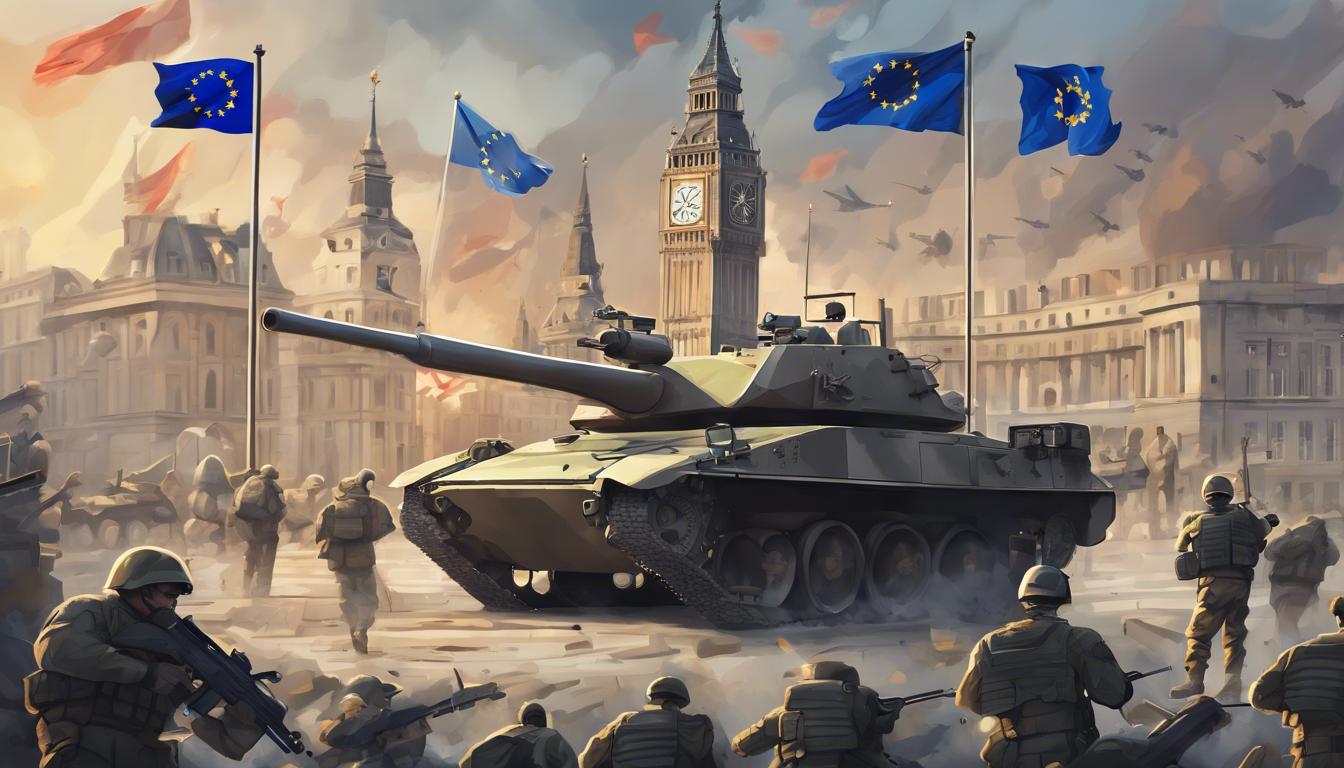The EU’s ambition for a unified army becomes increasingly unrealistic, with a focus on enhancing cooperation among member states and strengthening the defense industry. Meanwhile, Sweden’s NATO membership marks a pivotal shift in Europe’s security dynamics.
Josep Borrell, the Brussels chief, has acknowledged that dreams of a unified European Union army are diminishing, emphasizing the need for improved cooperation among the EU’s 27 member states in defense matters. This comes amid calls for the EU to enhance its defense capabilities, with German MEP Hannah Neumann highlighting the current challenges in meeting basic ammunition needs for self-defense. The EU’s response to Russia’s war on Ukraine includes ambitious plans to strengthen its defense industry by reducing reliance on non-EU sources for arms procurement, a move prompted by a political desire for strategic independence and the need to bolster the EU’s own defense manufacturing capabilities. Despite the significant reliance on the US defense sector, with nearly 80% of over €100 billion in defense acquisitions spent outside of the EU, there are growing efforts to ensure the EU develops a strong and competitive industrial base for its defense needs, particularly in ammunition production.
In a separate development, Sweden has completed its accession to the North Atlantic Treaty Organization (NATO), becoming its 32nd member. This historic move, prompted by Russia’s invasion of Ukraine, marks a significant shift in Europe’s security landscape, particularly transforming the Baltic region into a predominantly NATO-controlled area. The accession, celebrated by US Secretary of State Antony Blinken, reinforces the alliance and signifies strengthened collective security measures in response to external threats. Sweden’s membership comes after overcoming hurdles posed by Hungary and Turkey and follows Finland in seeking NATO’s protection through membership, signaling NATO’s continued openness and the robust unity of its members against aggression.













